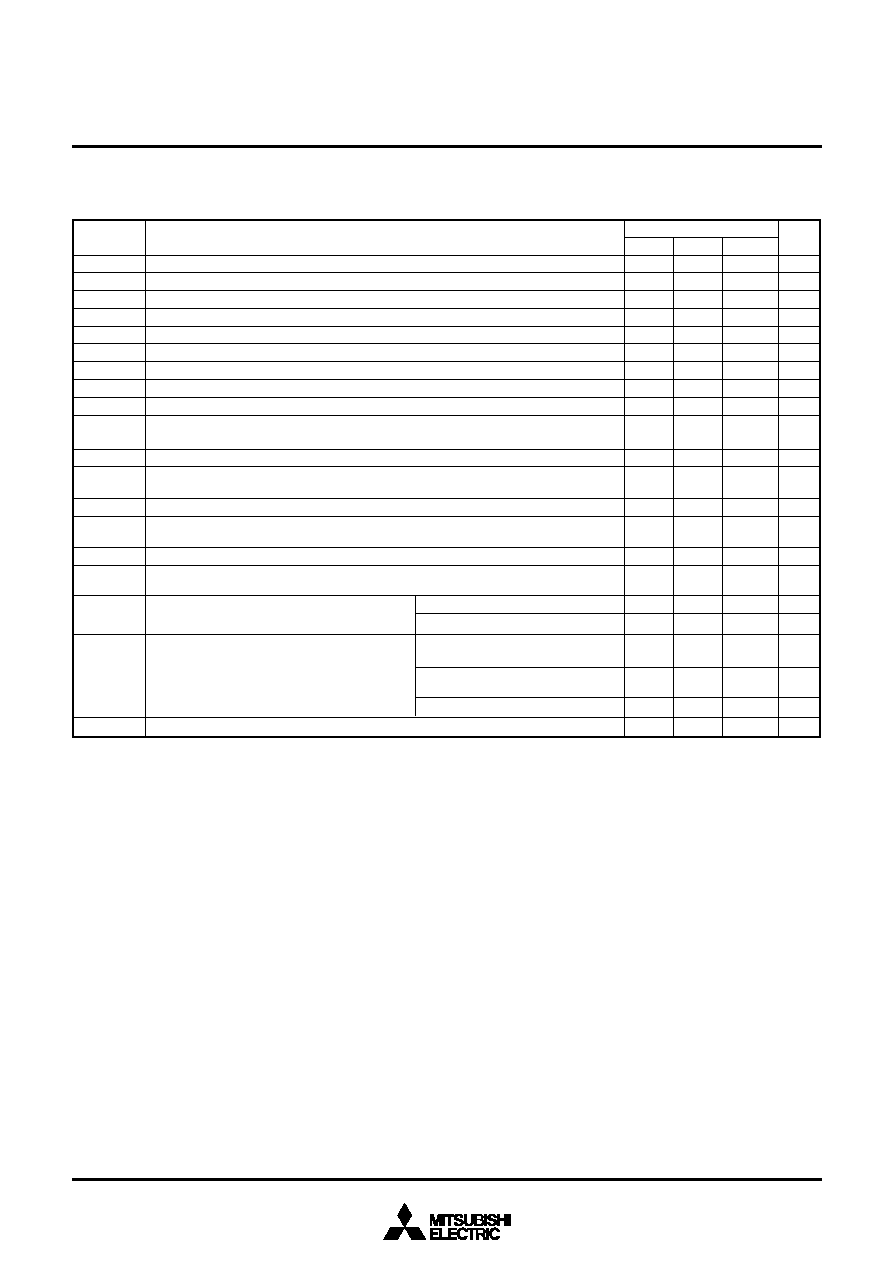- 您現(xiàn)在的位置:買賣IC網(wǎng) > PDF目錄295214 > CAP1028-1-BP-TR (STANDARD MICROSYSTEMS CORP) SPECIALTY ANALOG CIRCUIT, QCC20 PDF資料下載
參數(shù)資料
| 型號: | CAP1028-1-BP-TR |
| 廠商: | STANDARD MICROSYSTEMS CORP |
| 元件分類: | 模擬信號調(diào)理 |
| 英文描述: | SPECIALTY ANALOG CIRCUIT, QCC20 |
| 封裝: | 4 X 4 MM, ROHS COMPLAINT, QFN-20 |
| 文件頁數(shù): | 44/69頁 |
| 文件大?。?/td> | 948K |
| 代理商: | CAP1028-1-BP-TR |
第1頁第2頁第3頁第4頁第5頁第6頁第7頁第8頁第9頁第10頁第11頁第12頁第13頁第14頁第15頁第16頁第17頁第18頁第19頁第20頁第21頁第22頁第23頁第24頁第25頁第26頁第27頁第28頁第29頁第30頁第31頁第32頁第33頁第34頁第35頁第36頁第37頁第38頁第39頁第40頁第41頁第42頁第43頁當(dāng)前第44頁第45頁第46頁第47頁第48頁第49頁第50頁第51頁第52頁第53頁第54頁第55頁第56頁第57頁第58頁第59頁第60頁第61頁第62頁第63頁第64頁第65頁第66頁第67頁第68頁第69頁

49
SINGLE-CHIP 8-BIT CMOS MICROCOMPUTER
3822 Group
MITSUBISHI MICROCOMPUTERS
P00–P07, P10–P17, P20–P27 (Note 1)
P41–P47, P50–P57, P60–P67, P70, P71 (Note 1)
P00–P07, P10–P17, P20–P27 (Note 1)
P41–P47, P50–P57, P60–P67, P70, P71 (Note 1)
P00–P07, P10–P17, P20–P27 (Note 1)
P41–P47, P50–P57, P60–P67, P70, P71 (Note 1)
P00–P07, P10–P17, P20–P27 (Note 1)
P41–P47, P50–P57, P60–P67, P70, P71 (Note 1)
P00–P07, P10–P17 (Note 2)
P20–P27, P41–P47, P50–P57, P60–P67, P70, P71
(Note 2)
P00–P07, P10–P17 (Note 2)
P20–P27, P41–P47, P50–P57, P60–P67, P70, P71
(Note 2)
P00–P07, P10–P17 (Note 3)
P20–P27, P41–P47, P50–P57, P60–P67, P70, P71
(Note 3)
P00–P07, P10–P17 (Note 3)
P20–P27, P41–P47, P50–P57, P60–P67, P70, P71
(Note 3)
–40
40
–20
20
–2
–5
(VCC = 2.5 to 5.5 V, Ta = –20 to 85 °C, unless otherwise noted)
Notes 1: The total output current is the sum of all the currents flowing through all the applicable ports. The total average current is an average value mea-
sured over 100 ms. The total peak current is the peak value of all the currents.
2: The peak output current is the peak current flowing in each port.
3: The average output current is an average value measured over 100 ms.
4: When the oscillation frequency has a duty cycle of 50 %.
5: When using the microcomputer in low-speed mode, make sure that the sub-clock input oscillation frequency on condition that f(XCIN) < f(XIN)/3.
“H” total peak output current
“L” total peak output current
“H” total average output current
“L” total average output current
“H” peak output current
ΣIOH(peak)
ΣIOL(peak)
ΣIOH(avg)
ΣIOL(avg)
IOH(peak)
Symbol
Parameter
Limits
Min.
mA
Unit
Typ.
Max.
IOL(peak)
IOH(avg)
IOL(avg)
5
10
–1.0
–2.5
mA
“L” peak output current
2.5
5.0
4.0
(2VCC)-4
8.0
(4VCC)-8
8.0
50
“H” average output current
“L” average output current
Input frequency for timers X and Y
(duty cycle 50%)
IOL(avg)
f(CNTR0)
f(CNTR1)
MHz
kHz
(4.0 V
≤ VCC ≤ 5.5 V)
(2.5 V
≤ VCC ≤ 4.0 V)
32.768
High-speed mode
(4.0 V
≤ VCC ≤ 5.5 V)
High-speed mode
(2.5 V
≤ VCC ≤ 4.0 V)
Middle-speed mode
Main clock input oscillation frequency
(Note 4)
Sub-clock input oscillation frequency (Notes 4, 5)
f(XIN)
f(XCIN)
Table 17 Recommended operating conditions (Standard, One Time PROM version)
相關(guān)PDF資料 |
PDF描述 |
|---|---|
| CAT1024RD2I-45TE13 | 1-CHANNEL POWER SUPPLY SUPPORT CKT, DSO8 |
| CAT130041SWI-GT3 | 1-CHANNEL POWER SUPPLY SUPPORT CKT, PDSO8 |
| CAT150089RWI-GT3 | 8K X 1 SPI BUS SERIAL EEPROM, PDSO8 |
| CAT150169RWI-GT3 | 16K X 1 SPI BUS SERIAL EEPROM, PDSO8 |
| CAT1641UI-45TE13 | 1-CHANNEL POWER SUPPLY SUPPORT CKT, PDSO8 |
相關(guān)代理商/技術(shù)參數(shù) |
參數(shù)描述 |
|---|---|
| CAP1066 | 制造商:SMSC 制造商全稱:SMSC 功能描述:6 Channel Capacitive Touch Sensor with 6 LED Drivers |
| CAP1066-1-BP | 制造商:Microchip Technology Inc 功能描述: |
| CAP1066-1-BP-TR | 制造商:Microchip Technology Inc 功能描述:SIX CHANNEL CAPACITIVE TOUCH SENSOR WITH |
| CAP1088 | 制造商:SMSC 制造商全稱:SMSC 功能描述:8 Channel Capacitive Touch Sensor with 8 LED Drivers |
| CAP1088-1-CP-TR | 制造商:SMSC 制造商全稱:SMSC 功能描述:8 Channel Capacitive Touch Sensor with 8 LED Drivers |
發(fā)布緊急采購,3分鐘左右您將得到回復(fù)。